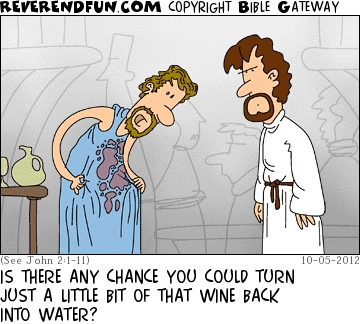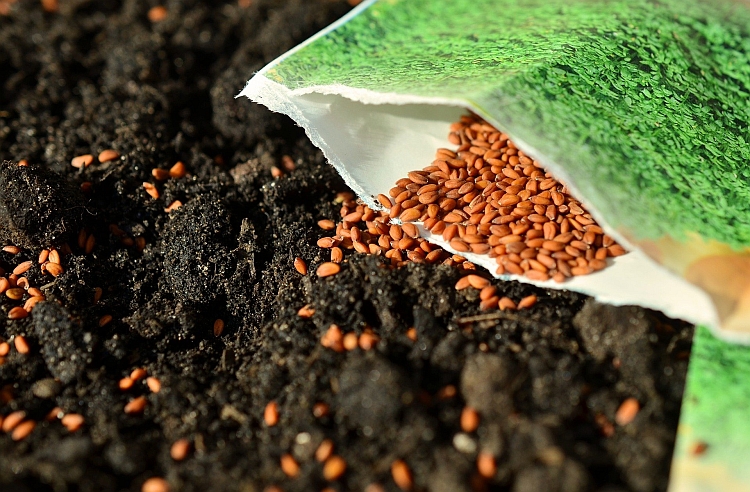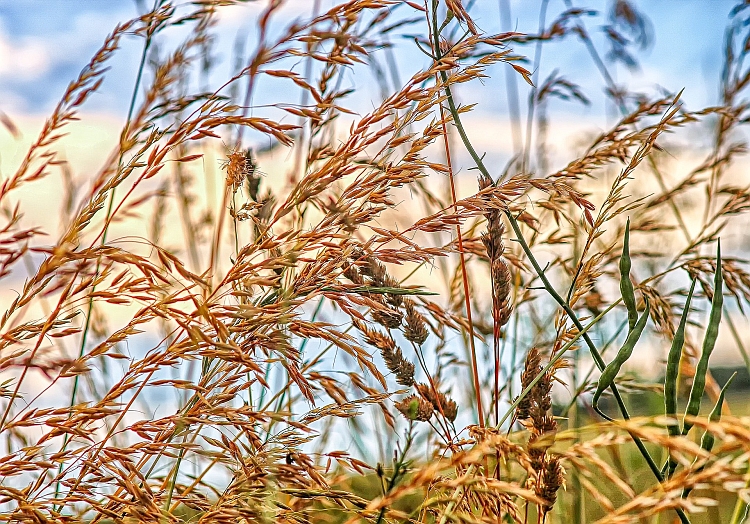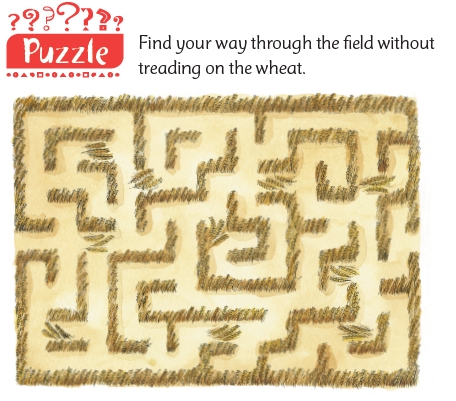Hello everyone,
Welcome to the latest issue of our church newsletter. Hope that you are all continuing to keep well and stay safe. This newsletter is one of our ways of trying to maintain contact and a sense of community during this time when we cannot meet together as a church family. You can find previous issues of the newsletter here. We would love to hear from you and are looking for uplifting and encouraging content to share in future issues of this newsletter. If you have any ideas or content that we can share, please do email them to Louise (publicity@christchurchuxbridge.org.uk)
We start with our opening prayer:
Guided by your Spirit,
we have made the journey through the wilderness and desert,
trekking across rocky paths and dirt tracks,
and crowded city streets.
We have travelled alone.
We have travelled with those we love.
We have jostled with those whose company we have not always enjoyed.
But we have made it here, to this place, this moment.
And now we wait.
We wait upon you,
We wait for rest, for inspiration, for forgiveness, for hope, for love.
Receive us afresh, renew us and inspire us, Lord.
Amen.
(Taken from Roots at Home)
News on the Reopening of the Church Buildings – From the Church Council.
Church Council is responsible for deciding when the buildings can be opened for Sunday services. A Risk Assessment was presented to council and approved at their video conference meeting earlier this week. We are keen to re-open the building but also concerned for the safety of our congregation. Although we are not opening immediately, in this strange and fast changing world, the position is under review on a regular basis. A team is however looking into the reopening as soon as it is practical to do so.
If you would be willing and able to come to the church for services when they restart, say in the autumn, please let us know, via the church office, so we can gauge numbers. You can call the office on 01895 258956 or email office@christchurchuxbridge.org.uk
The URC have produced a personal risk assessment tool to help people assess their own level of risk for attending services which you may find useful and you can download it here.
Reflection from last week’s service
Jesus loved a story. Do you have a favourite story or book?
It’s difficult to choose isn’t it. I’ve probably got several I could name – during Lockdown I’ve read a lot and all the books I’ve read I’ve really enjoyed. When I was teaching, I used to love Storytime at the end of the day – sometimes probably more than the children! Jesus told stories because he knew if he did we would remember the message he wanted to communicate better.
One day, Jesus was sitting on the shore of a lake. He began teaching the people on the shore. More people came to hear what Jesus was saying and soon the beach was filled with people. There were so many that Jesus decided to get in a boat and float it out from the beach. Then he could speak loudly – no microphones in those days! – and everyone could hear him without being so crowded.
One of the stories he told is known as the ‘parable of the sower’. This is a Jesus story about a farmer who planted some seeds. Farmers in those times didn’t plant seeds using tractors, of course. The farmer would take a hand full of seeds and carefully toss them onto the soil. After he was finished, he would cover the seeds over with soil and then wait for the plants to grow. I wonder if he used to go out and check each day like Aileen and I did when we planted our seeds, to see if anything had happened – or did he have more patience than either of us have got!
The farmer in the story started throwing the seed on the ground. Some fell on the hard path nearby and the birds came and ate them. The next seeds fell near some rocks the farmer had in a pile nearby. There wasn’t much soil around the rocks, so the seeds started to sprout and grow the next day. When seeds aren’t planted in the soil they don’t grow roots which help them stay strong and grow properly. So, in the afternoon when the sun was very hot the little plants that started to grow among the rocks withered away and died because they had no root in the ground. As the farmer continued to throw seeds onto the ground, some of the seeds fell among the weeds and thorns that he hadn’t pulled out. The thorns grew faster and taller than the seeds, so the seeds couldn’t get enough sunlight and were choked out by the thorns. Finally, some seed fell on the good soil that the farmer had worked and dug holes for the seed to go into. Those seeds made plants and those plants produced lots and lots of vegetables.
So, let’s stop and gaze on this field – it’s easy to imagine, because Jesus has painted such a detailed picture. You may have passed through such fields when, say, you walk the dog. But I’m sure you can imagine it, anyway. You stroll along the path, where in spring a few brave seeds have had the nerve to root. But the stones of the path and the tread of everyone’s wellington boots or walking boots soon batter them down. Now gaze on that field in July: the sun comes out from behind a cloud, there is a light breeze and there before you stretch acres of summer wheat glowing gold and bending with grace and gratitude. Maybe your dog chases away and is hidden by the height of the wheat, heavy with its crop. Around the field is a tough British hedge of hawthorn, holly and beech, all intertwined, smothered by brambles. Come autumn, you’ll go back to pick the blackberries – and either eat them straight away or take them home to make a blackberry and apple pie! – but the farmer’s seed has no chance here.
This is the first of Jesus’ parables reported in Matthew. It is simple and straightforward, easy to understand, and paints a picture any one can imagine. Some of his later parables are more complicated, but for now Jesus is willing to be gentle with his listeners. Up till this moment in Matthew, Jesus has taught and healed, and only now does he turn to the ‘many things in parables’. Perhaps that’s why he is willing to go into detail and take the trouble to explain, whereas usually we must make the effort to understand. Indeed, his first retort was ‘he who has ears, let him hear’, but he softens and bends over backwards to help the disciples.
Not that this parable needs much explanation. How easily we recognise ourselves as the one who lets worries or wealth choke them, or the one who gives up at the first obstacle. As it was once said, ‘Christianity has not been tried and found wanting; it has been tried and found difficult.’ But Jesus knows we all have different strengths and weaknesses, different experiences and hardships. So, if one person seems to yield a hundred times (spends all their life) in Christ’s service, but another ‘only’ thirty (only a small part of their life), if that thirty is all she or he has or is able to do, it is enough. Remember the widow’s mite? Jesus doesn’t force harsh comparisons between his disciples. Which seed represents you at present? But more importantly, what can you do to change from being the seed on the path or the one caught in the hedge?
You see, the seed is the message of God’s love. For God’s love to take root in our hearts we need the right attitude and openness. Are we open to God’s love? Are we inviting that love to take root today?
Why not make a promise with yourself to make one change in your prayer or social life which will give the seed a greater chance of flourishing? Have a think about who you could share God’s love with? It could be a school friend, work colleague or a loved one.
Let’s be like that farmer and spread God’s love far and wide with those that we meet.
Stephanie Marr
Our readings for this week:
Matthew 13:24-30, 36-43 (NIV)
The Parable of the Weeds
24 Jesus told them another parable: “The kingdom of heaven is like a man who sowed good seed in his field. 25 But while everyone was sleeping, his enemy came and sowed weeds among the wheat, and went away. 26 When the wheat sprouted and formed heads, then the weeds also appeared.
27 “The owner’s servants came to him and said, ‘Sir, didn’t you sow good seed in your field? Where then did the weeds come from?’
28 “‘An enemy did this,’ he replied.
“The servants asked him, ‘Do you want us to go and pull them up?’
29 “‘No,’ he answered, ‘because while you are pulling the weeds, you may uproot the wheat with them. 30 Let both grow together until the harvest. At that time I will tell the harvesters: First collect the weeds and tie them in bundles to be burned; then gather the wheat and bring it into my barn.’”
The Parable of the Weeds Explained
36 Then he left the crowd and went into the house. His disciples came to him and said, “Explain to us the parable of the weeds in the field.”
37 He answered, “The one who sowed the good seed is the Son of Man. 38 The field is the world, and the good seed stands for the people of the kingdom. The weeds are the people of the evil one, 39 and the enemy who sows them is the devil. The harvest is the end of the age, and the harvesters are angels.
40 “As the weeds are pulled up and burned in the fire, so it will be at the end of the age. 41 The Son of Man will send out his angels, and they will weed out of his kingdom everything that causes sin and all who do evil. 42 They will throw them into the blazing furnace, where there will be weeping and gnashing of teeth. 43 Then the righteous will shine like the sun in the kingdom of their Father. Whoever has ears, let them hear.
Further readings from the lectionary this week are as follows:
- Genesis 28: 10-19a
- Psalm 139: 1-12, 23-24
- Romans 8: 12-25
Bible exploration
We will be starting a Bible exploration group over Zoom from 28 July where we will be taking a closer look at some of the people mentioned in the Bible, starting with Hannah. We will be meeting on Tuesday evenings at 7.30pm until around 8.15pm. All are welcome to join us, either via video link or by telephone. You can find the meeting details for this under ‘Our regular activities’ below.
Our worship
We are now live-streaming services via Facebook each Sunday at 11am. You can find our services here. You do not have to be a Facebook user to watch this – our services are publicly viewable. This week we will be welcoming URC lay preacher Anne Byfield to share a reflection for us.
We will be meeting via Zoom immediately after the service for a virtual ‘coffee and chat’. The link for this will be shared in the comments on Facebook during the service.
If you are unable to join us online for our Sunday services, but would like to receive a recording of them on a memory stick to watch at home, please let us know.
Apologies to Wordsworth
I wandered lonely in the crowd, my six-foot distant kept,
I shouted greetings rather loud, but deep inside I wept.
Oh how I longed to shake a hand, to hug a treasured friend,
To dance around with gestures grand, when would this crisis end?
A sea of faces masked in fear, we can only read their eyes,
The world feels lonely, nobody’s here, a society in demise.
But take a closer look, a peep; for in those eyes you’ll find,
A host of emotions running deep, a window to the mind.
Embrace the warmth of tender gaze, cherish smiles you cannot see,
Accept with grace the generous praise, keep these for company.
Console with words to wipe the tear; speak softly to ease the pain,
Reassure with gestures to quell the fear; things will become normal again.
Do not wander lonely in the crowd, remember these feelings we share,
Reach out with your eyes with head unbowed, keep your distance and show that you care.
Tracey Rees

(Copyright Gospel Communications International, Inc – www.reverendfun.com)
Children’s Corner
(Taken from this week’s Roots activity sheet © ROOTS for Churches Ltd (www.rootsontheweb.com) 2002-2020. Reproduced with permission.)
Praying for other churches
This week we hold the following churches in our prayers:
- Kenton Methodist Church
- Brentford Free Church (URC/Baptist)
Closing prayer
Present and holy God,
Come and meet with us today.
Transform us into tools for your grace, your peace, your love.
Build your kingdom here, we pray.
Amen.
(Taken from The Vine at Home)





